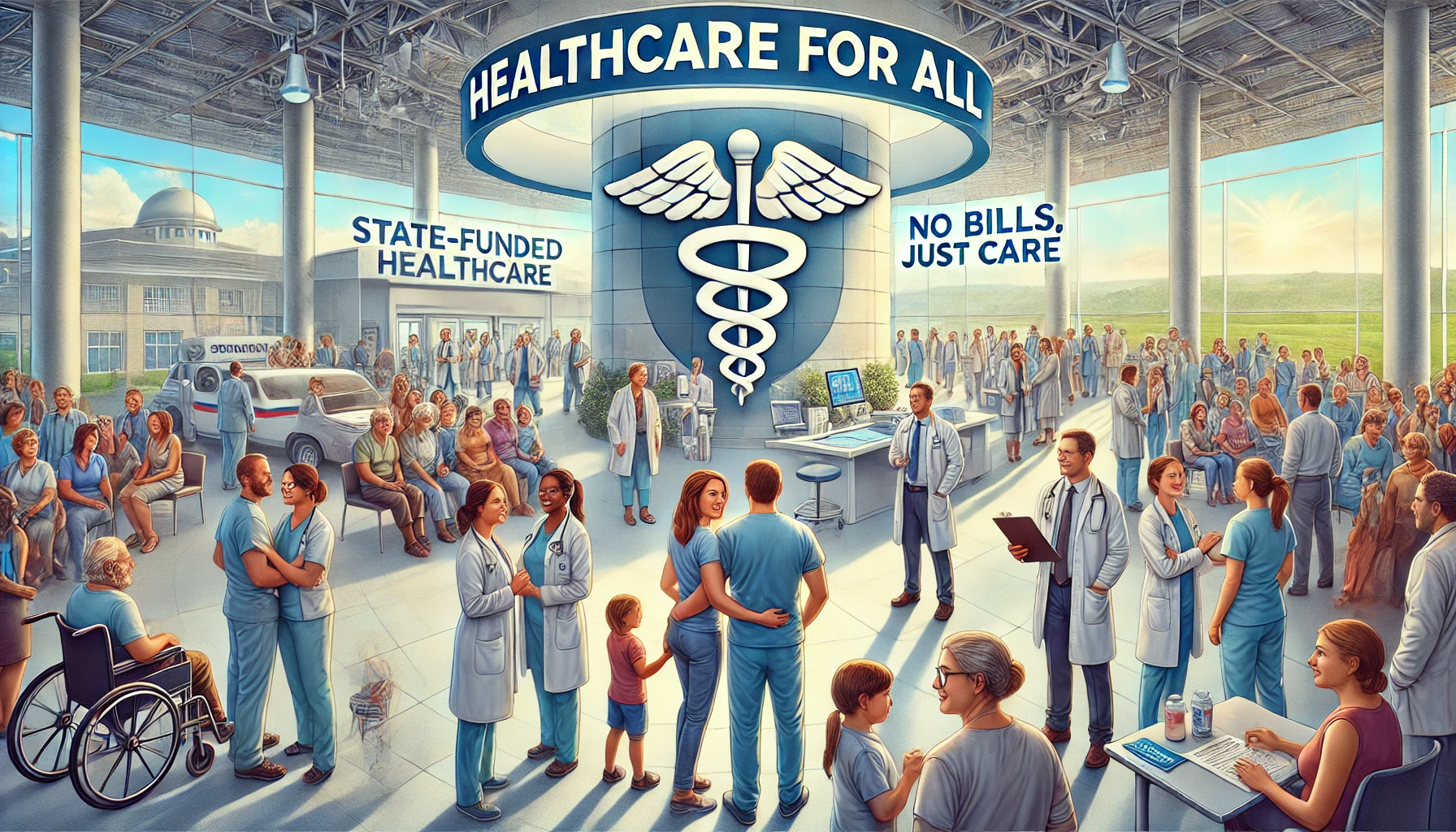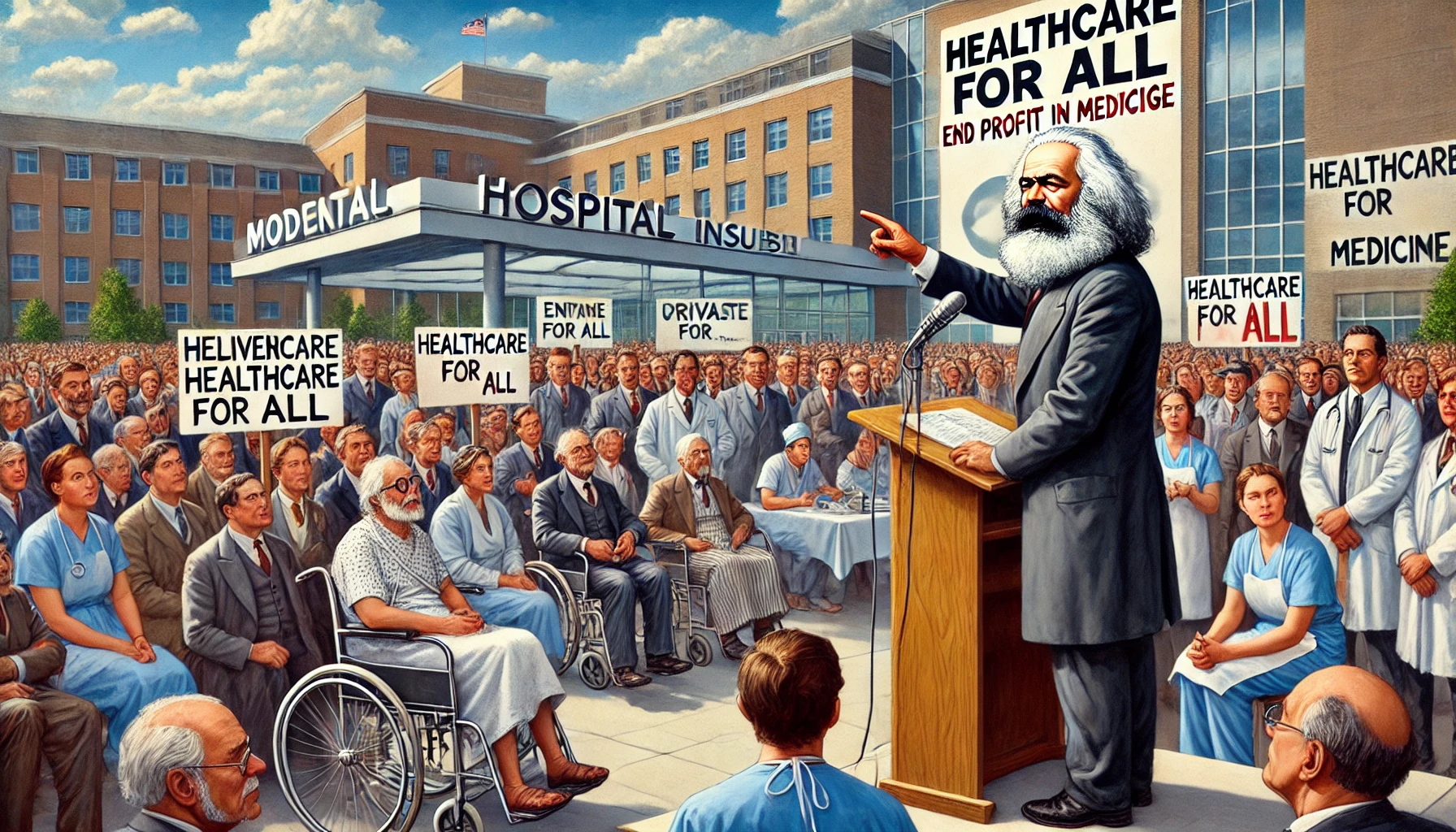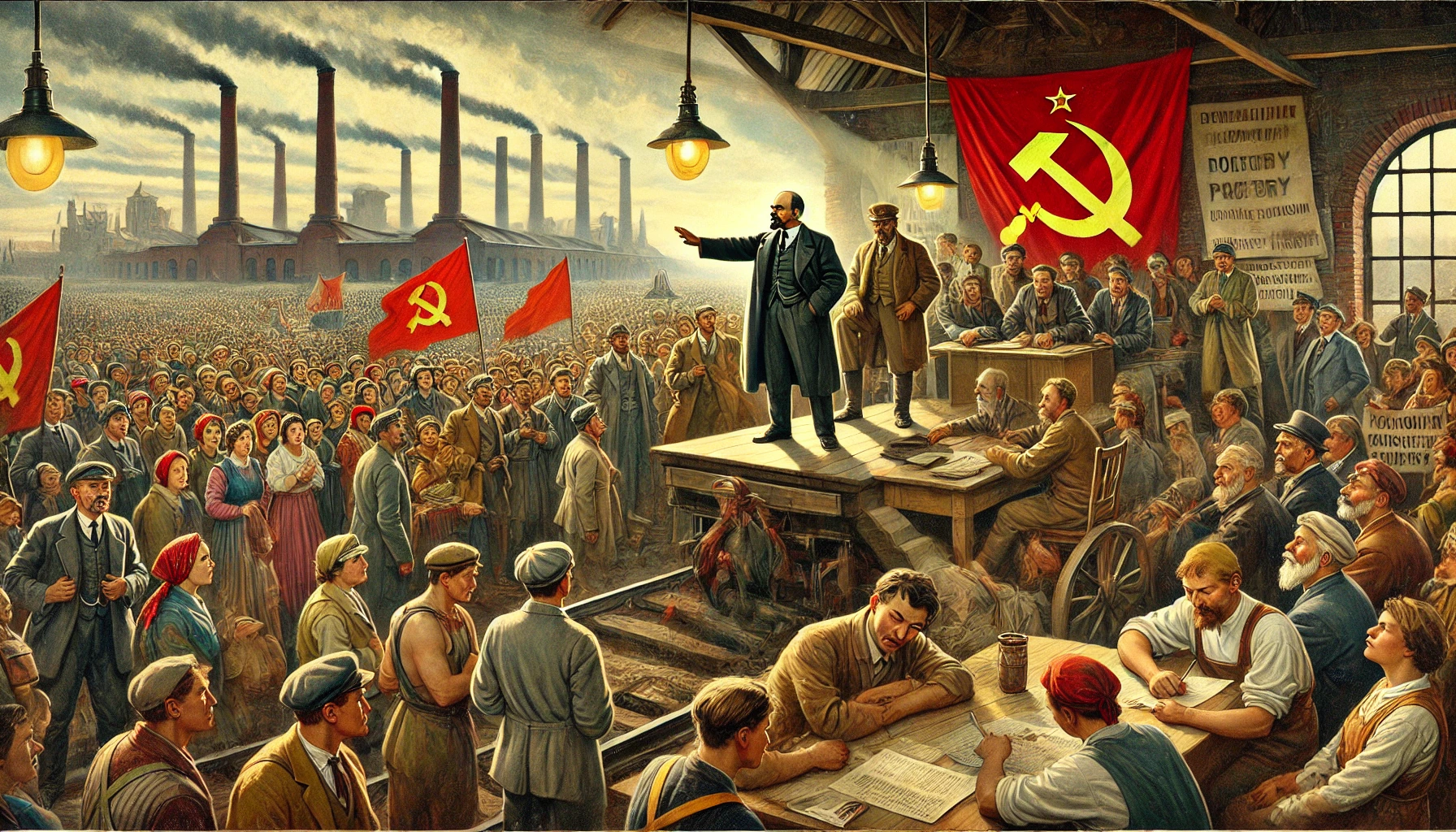The Barefoot Doctor Program: Mao’s Lessons in Rural Health Equity
Mao Zedong, the leader of the Chinese Communist Revolution, implemented transformative policies aimed at improving rural healthcare. His “Barefoot Doctor” program stands as one of the most significant examples of socialized medicine, rooted in Marxist principles. For Mao, equitable healthcare was not a luxury but a necessity for building a socialist society.
The Barefoot Doctors were community-based health workers trained to provide basic medical care, disease prevention, and health education. They were instrumental in addressing the vast disparities between urban and rural health services in China. Mao recognized that a healthy populace was essential for sustaining the revolution, particularly in rural areas where the majority of the population lived.
This program exemplified Mao’s commitment to accessible care for all. By prioritizing the needs of the rural poor, it challenged the capitalist notion that quality healthcare is reserved for those who can afford it. Critics argue that the program lacked advanced medical expertise and resources, but its impact on life expectancy and public health was undeniable.
Mao’s approach illustrates how socialized medicine can address systemic inequalities. While imperfect, the Barefoot Doctor program remains a powerful example of how healthcare reform can transform lives, particularly in underserved communities.
Originally posted 2024-10-20 21:20:12.



